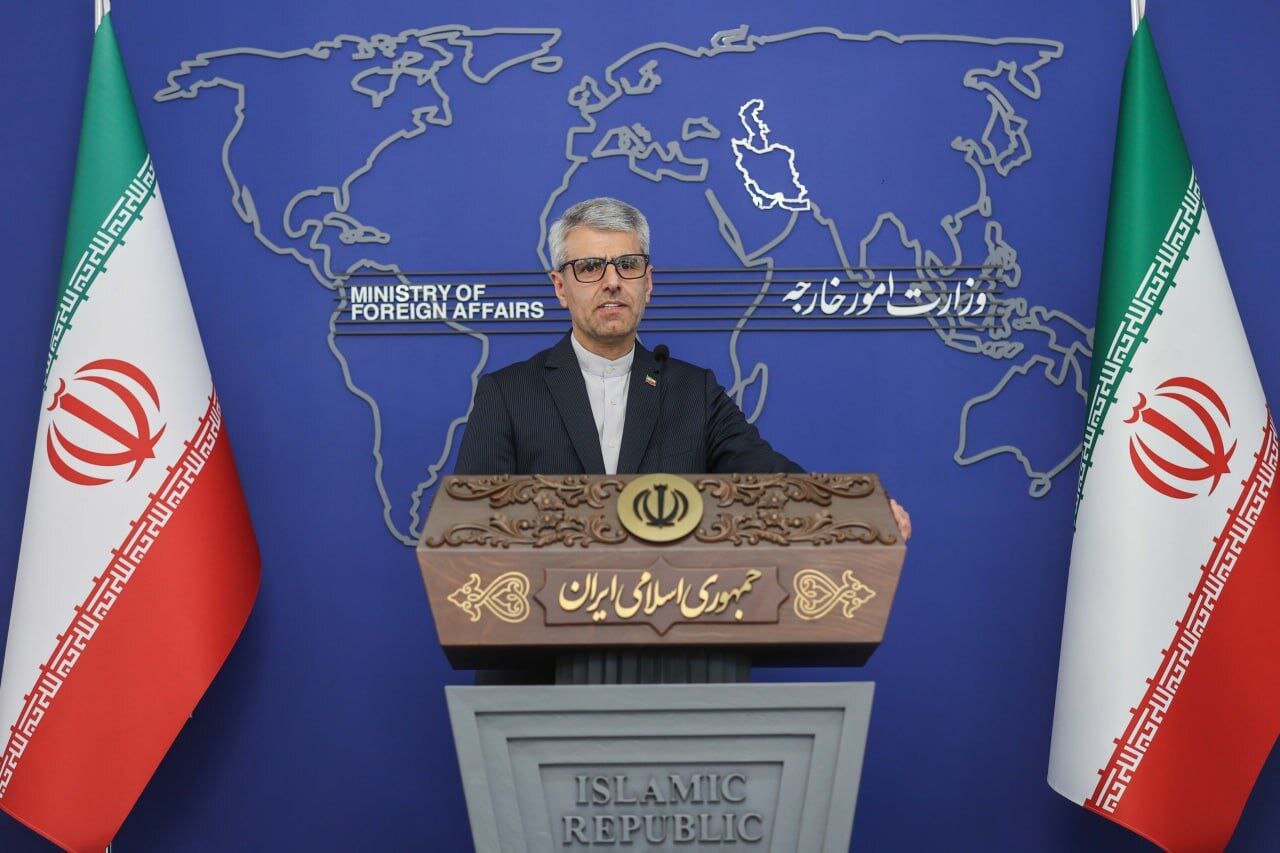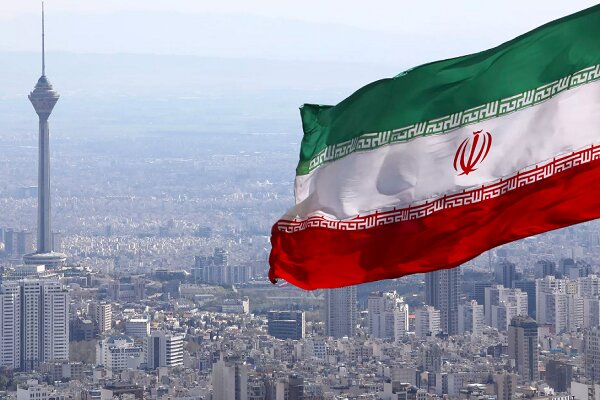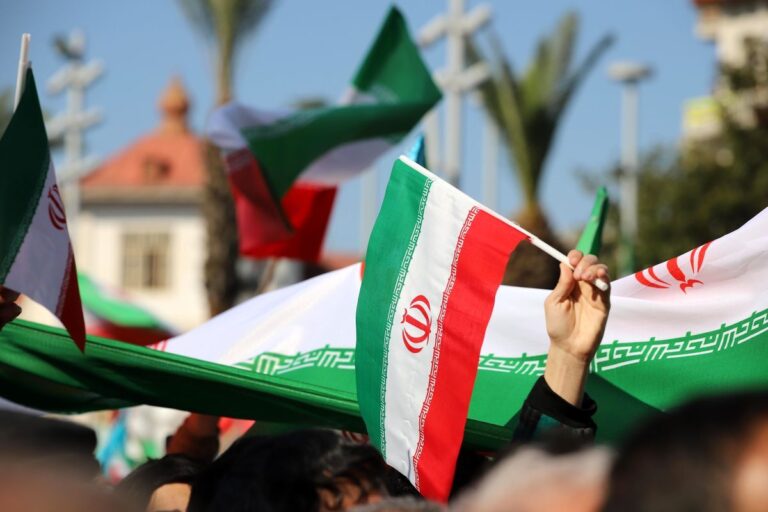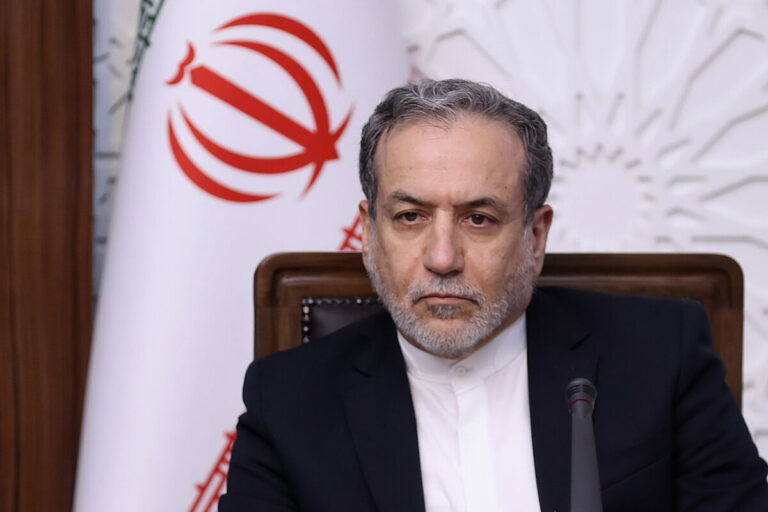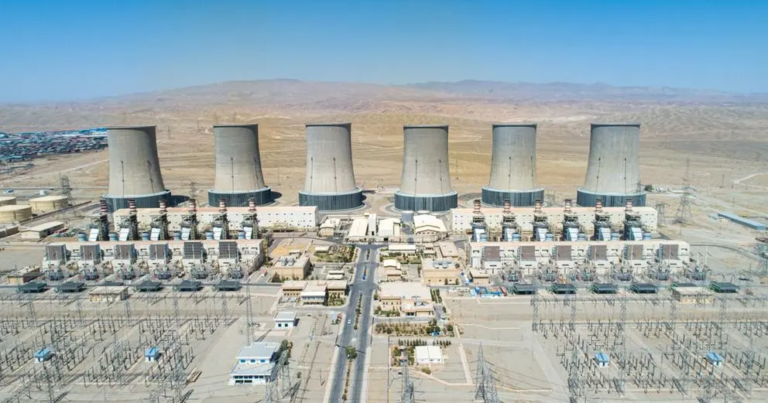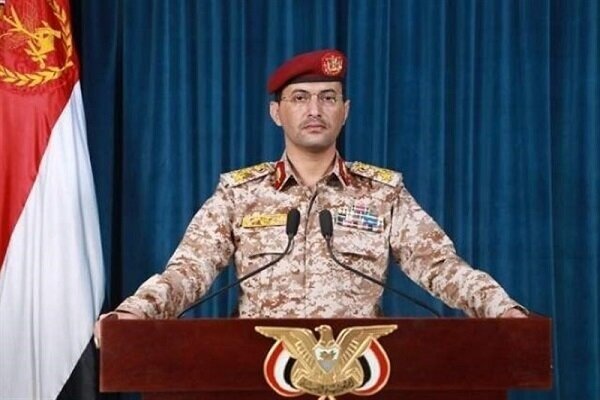Iran Appeals to Europe: Resist US Pressure to Impose Unjust Sanctions
In recent discussions, Iranian diplomat Baghaei voiced strong criticism towards several European nations, notably Britain and Germany, for their perceived misuse of human rights mechanisms aimed at influencing developing countries. His comments shed light on the complexities surrounding international human rights advocacy, particularly as they relate to geopolitical interests.
Baghaei condemned these countries for promoting an anti-Iranian resolution within the United Nations Human Rights Council, asserting that the resolution is legally invalid. He argued that the basis of this resolution is rooted in malice and unsubstantiated claims, characterized by sweeping generalizations and conclusions drawn from either isolated incidents or a few alleged violations. Furthermore, he pointed out the numerous contradictions and undocumented allegations that stem from unnamed sources.
In his remarks, Baghaei emphasized the human rights records of countries such as Britain, Germany, France, and Canada, particularly in relation to their involvement in recent conflicts in West Asia. He specifically called attention to:
- The ongoing genocide in Gaza
- Israel’s crimes against the populations in Syria and Lebanon
According to Baghaei, these nations lack the moral authority to lecture others on human rights. He highlighted that Britain is among the largest suppliers of arms to Israel, citing a statement from the British foreign minister that suggested proving genocide in Gaza would require millions of deaths. Additionally, he criticized Germany for being the second-largest provider of arms used in the ongoing violence in Gaza, noting that the German foreign minister has allegedly condoned the massacre of innocent Palestinian women and children.
Despite the criticism directed at these European nations, Baghaei reaffirmed the Islamic Republic of Iran’s commitment to uphold human rights and freedoms as enshrined in its constitution and international agreements ratified by the Iranian government. He highlighted the Islamic Republic as the product of a popular revolution and emphasized that it is dedicated to identifying and rectifying human rights violations.
Baghaei also reaffirmed Iran’s ongoing collaboration with the United Nations human rights mechanisms, aiming to promote global progress in the realm of human rights. He expressed concern that certain nations, particularly Germany and Britain, utilize the Human Rights Council as a platform to impose their political ideologies on other countries. This approach, he argued, undermines the credibility of the council and disrupts cooperative efforts aimed at advancing human rights worldwide.
In conclusion, Baghaei’s statements reflect a broader narrative regarding the politicization of human rights and the challenges faced by developing countries in navigating international scrutiny. The implications of these discussions extend beyond Iran, resonating with nations striving to maintain their sovereignty while engaging in global dialogues about human rights.
As the situation evolves, the international community will be watching closely how these dynamics unfold, particularly in the context of ongoing conflicts in West Asia and the role of various nations in addressing the pressing human rights issues at hand.
Furthermore, Baghaei’s remarks underscore the complexity of the human rights discourse, illustrating that while advocating for human rights is essential, the motivations and actions of those doing the advocating may warrant scrutiny. The call for genuine cooperation and mutual respect among nations remains more crucial than ever in fostering a truly global approach to human rights.
In light of the current geopolitical climate, it is imperative for all countries to engage in sincere dialogues that prioritize human rights while respecting the sovereignty and dignity of each nation. The path forward must be one that encourages collaboration rather than division, fostering an environment where human rights can be universally upheld without the shadow of political agendas.
